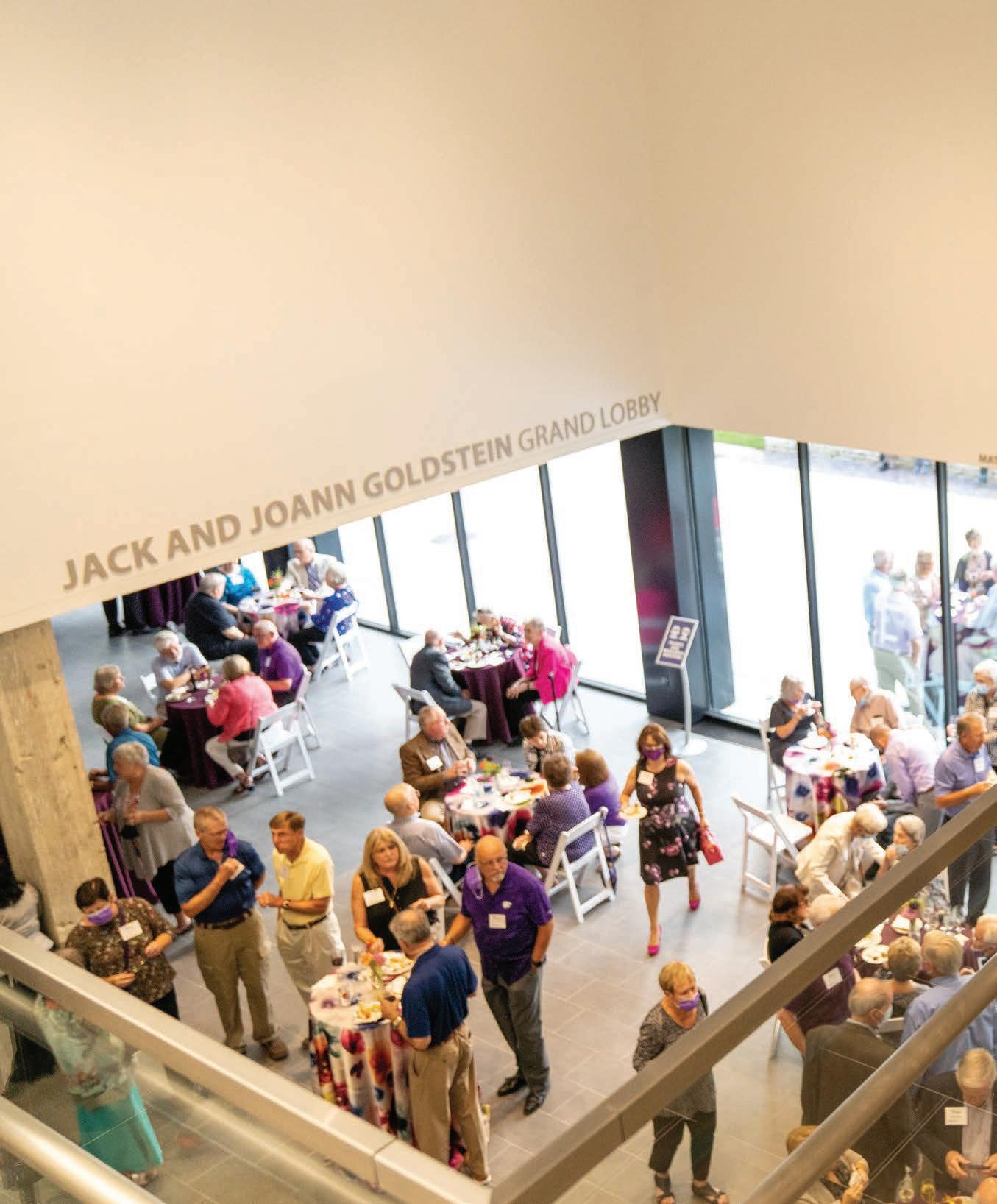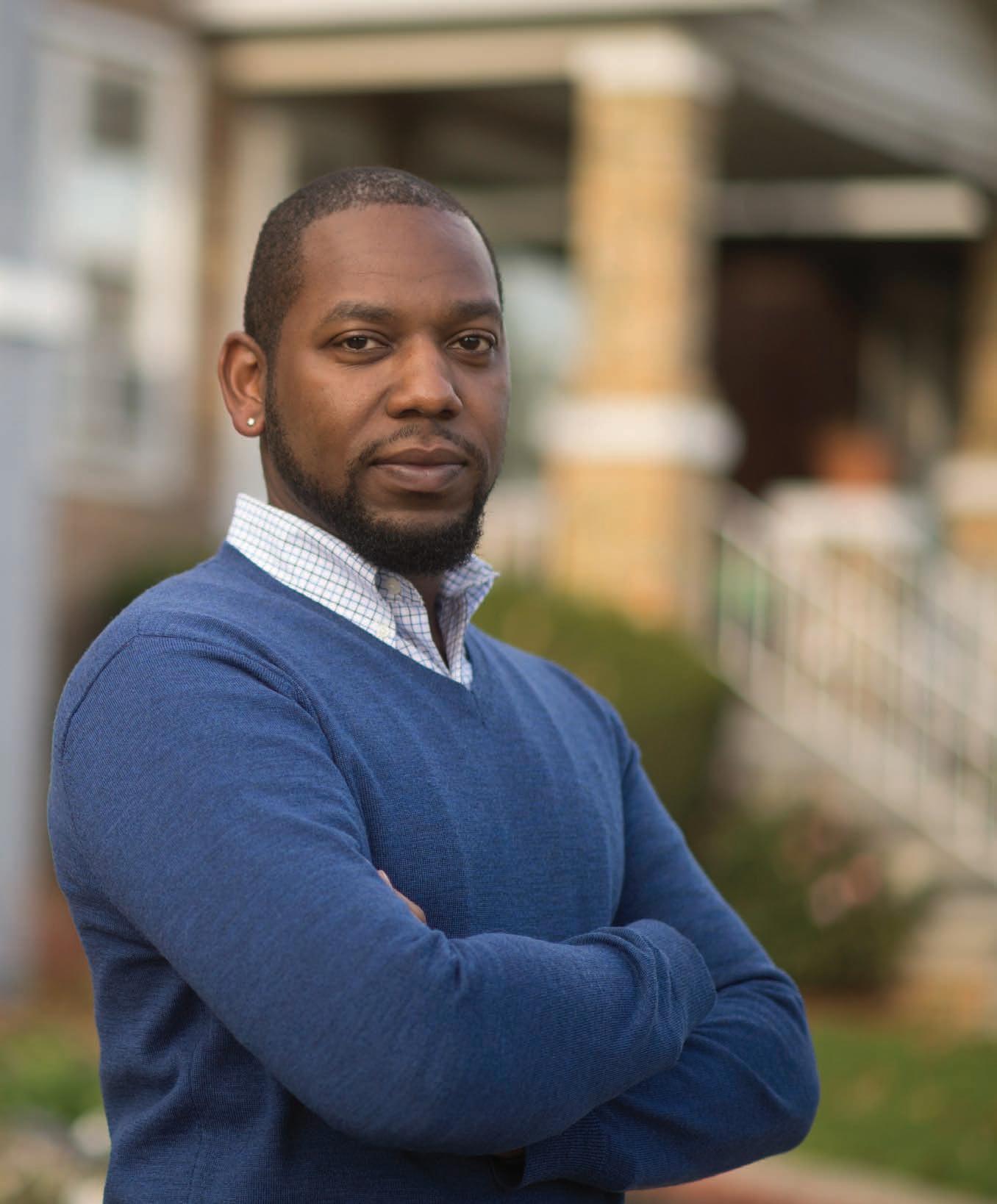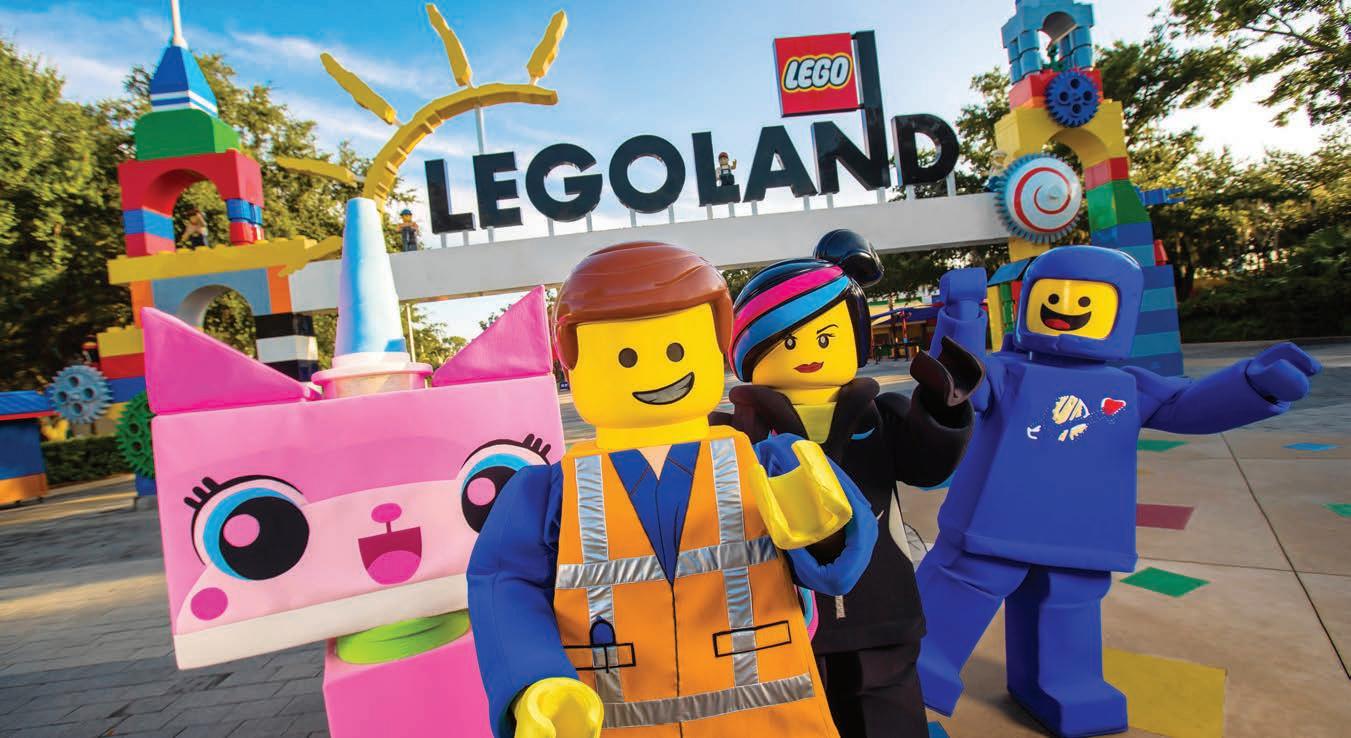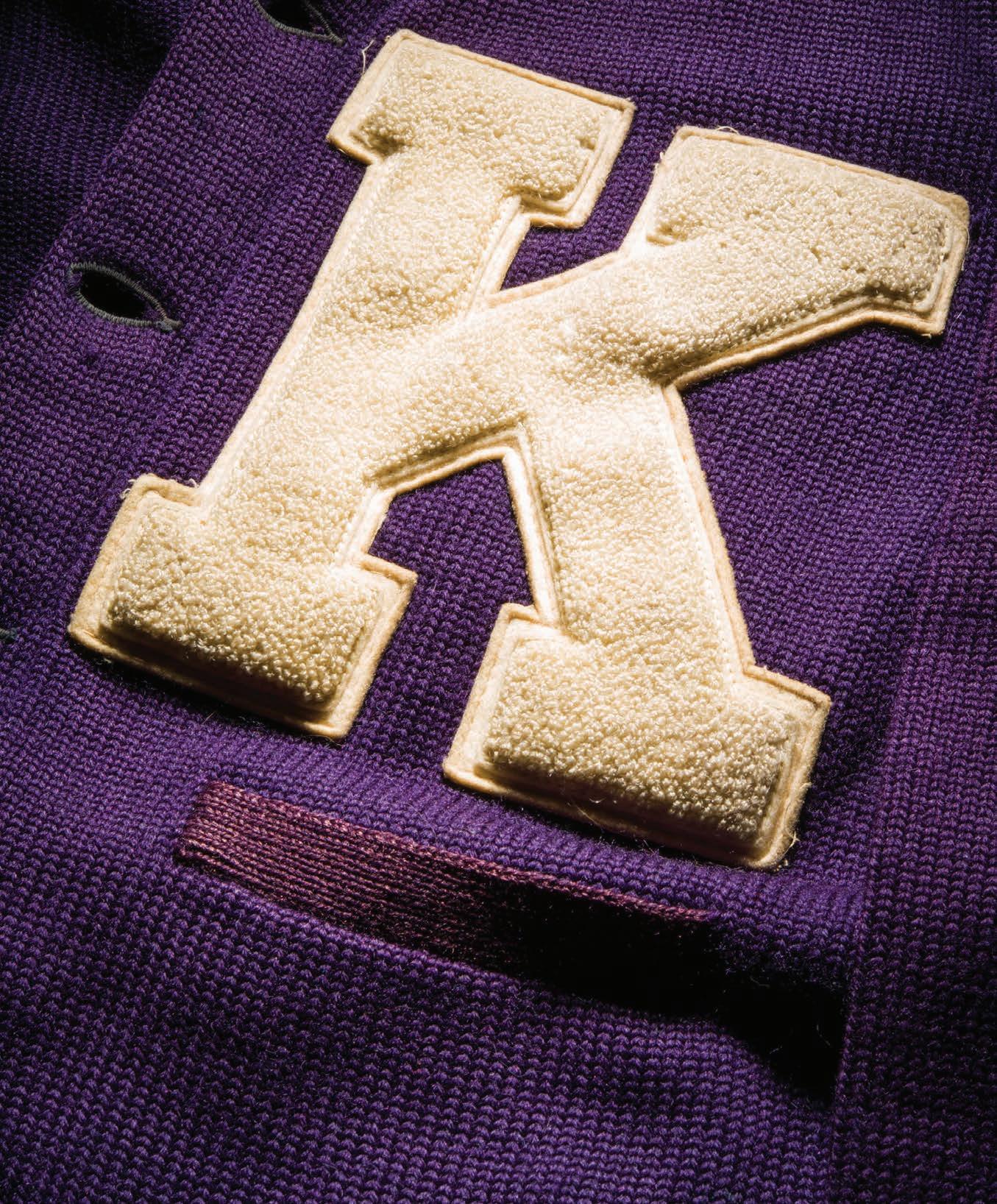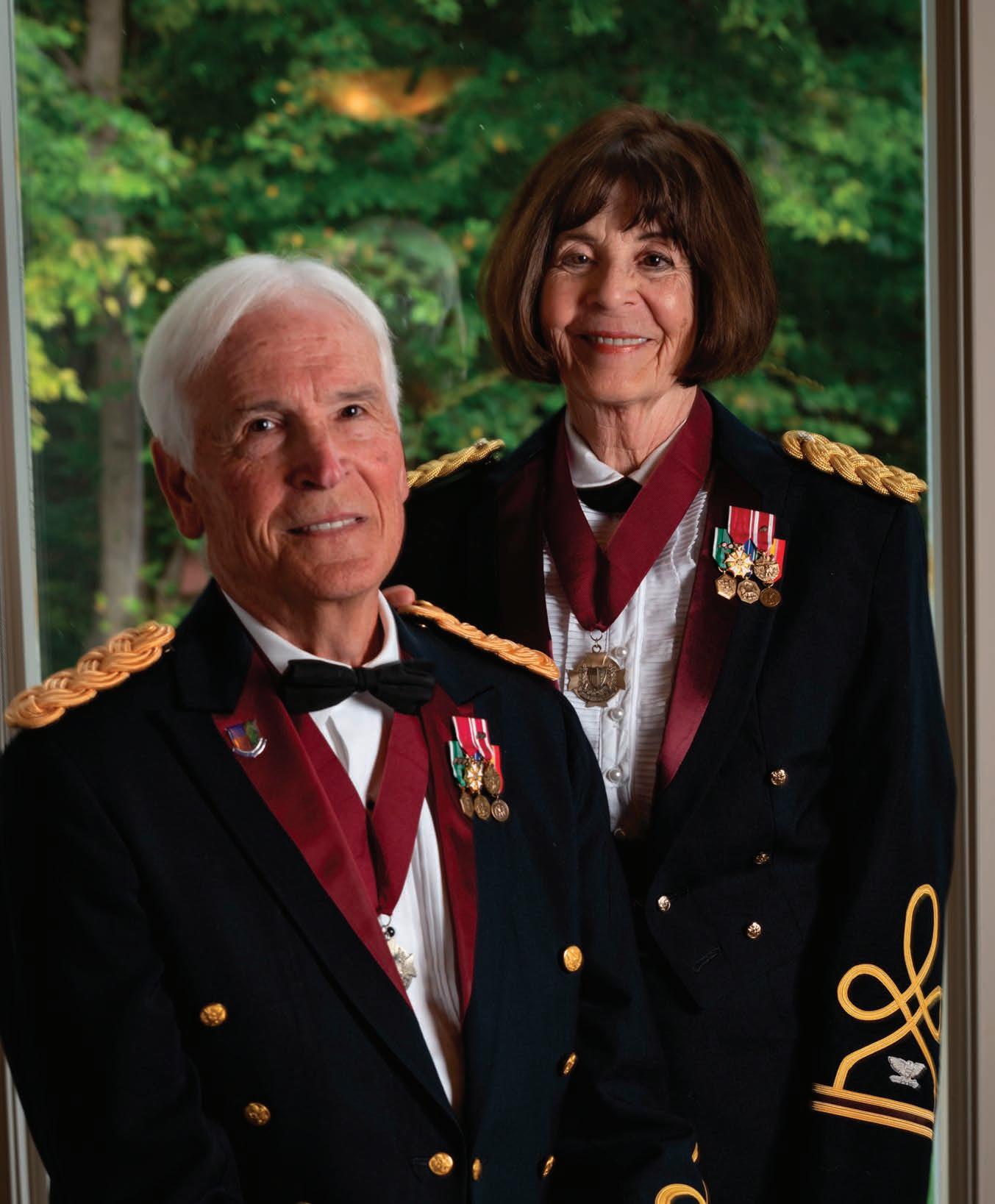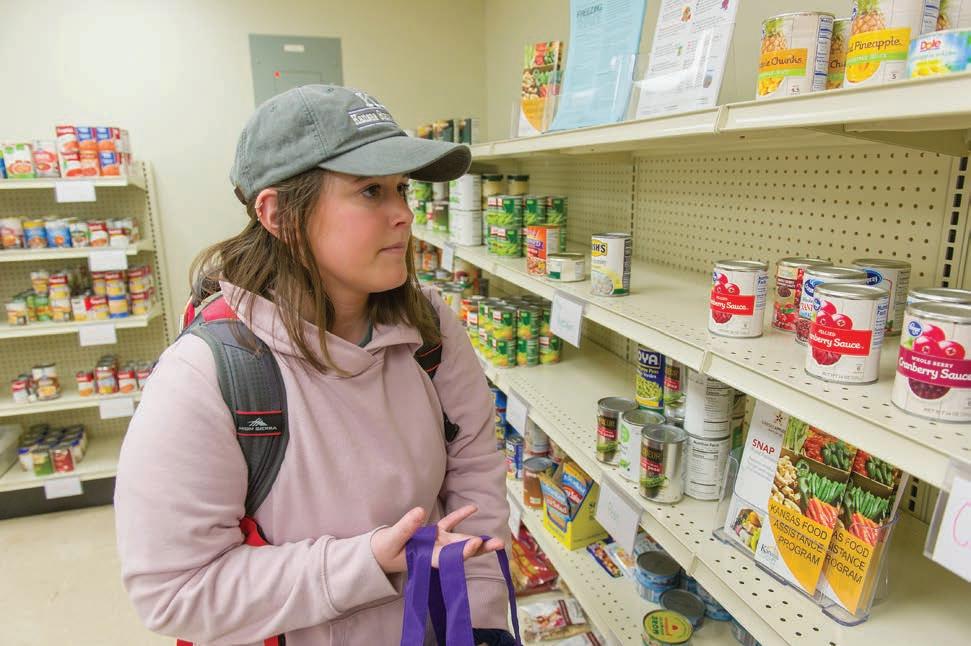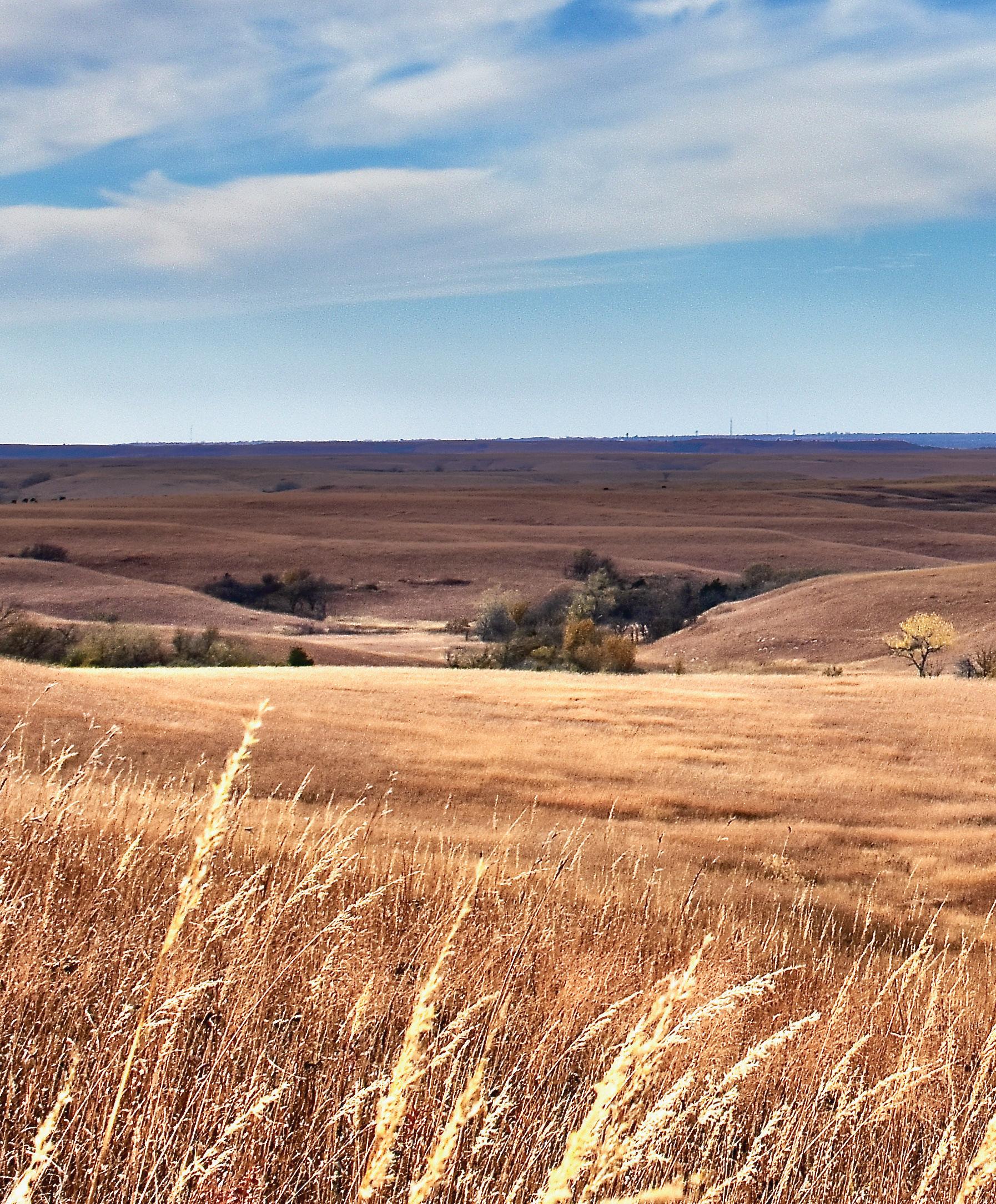
3 minute read
Slice of the Little Apple
A welcome wallaby
The Sunset Zoo announced the birth of a rare albino wallaby in October. The Manhattan Mercury reported Bruny was born in late December 2020. The wallaby was named after the Bruny Island off of Tasmania, which is home to a colony of albino wallabies.
Advertisement
C is for Cookie
Eileen’s Colossal Cookies, 830 Commons Place, opened in October. The franchise has locations in eight other states.
C is also for Cheesecake
Robby’s Famous Cheesecakes Manhattan, 716 N. Manhattan Ave., also opened in October. The store has a variety of cheesecake flavors, including Keto friendly options.
Changing of the guard
The U.S. Department of Homeland Security and the U.S. Department of Agriculture are working on a phased transition of NBAF as the project nears completion. In October, WIBWTV reported DHS and USDA have created a transfer of responsibility, allowing the USDA to start taking over the operations and responsibility of portions of the facility, including the central utility plant, the guard staff and the wastewater treatment.
Local Lemonade
A 9-year-old Manhattan resident, Tremaine Glasper, started a small business, Tre’s Squeeze, this summer. First debuting at the Manhattan Farmer’s Market, Glasper’s business has grown rapidly. Tre’s Squeeze makes 100% natural, freshly-squeezed lemonades. In October, Tre’s Squeeze officially found space on the shelves of the Manhattan Hy-Vee. Learn more at tressqueeze.com.
Tori White, Collegian Media Group
Challenge accepted: The Finance Scholars took part in K-State’s Challenge Course that reopened this semester. The Challenge Course is an experiential adventure program that offers groups and individuals the opportunity to engage in a series of personal development and team building activities. Benjamin Dezube, senior in finance, Overland Park, Kansas, leads the scholars to guide a rope through the shapes without touching the green outlines.
State partners with K-State engineering through University Engineering Initiative Act renewal
Over the last decade, the Carl R. Ice College of Engineering has used funding from the University Engineering Initiative Act to increase its number of engineering graduates as a way to fuel economic growth and business success in Kansas.
The program was so successful in meeting its goals, funding for a second 10-year program was signed into law by Gov. Laura Kelly in April and celebrated with a signing ceremony Oct. 18 alongside Matt O’Keefe, dean of the College of Engineering and LeRoy C. and Aileen H. Paslay chair, and other leaders in engineering from across the state.
“We are pleased to see the state legislature make another crucial investment in engineering education in the state of Kansas,” O’Keefe said. “This partnership has already yielded many tangible bene ts to both K-State and the Kansas economy, and we’re certain the next 10 years will see a continued high demand for K-State engineering graduates at businesses and rms all over the state and the region.”
The ceremonial signing took place on-site at the Topeka engineering rm Bartlett & West, with Gary Clark, senior associate dean; Stacy Hutchinson ’96, ’98, associate dean for research and graduate programs; and Sue Peterson ’76, ’05, chief government relations o cer, joining O’Keefe for the event.
“This legislation will support our state’s tradition of churning out great engineers, and we’ll encourage them to use and keep their talents right here in our state,” Kelly said in a statement. “I want to thank the bipartisan coalition of legislators, stakeholders and businesses who worked with my administration to make sure this program remained strong and in place.
The previous University Engineering Initiative Act saw K-State reach and exceed its portion of the overall goal to increase the number of engineering graduates statewide four years early in 2017. The college’s 2020-2021 class of 675 bachelor’s degree graduates exceeded the goal for the program by nearly 15%.
While the original act focused on increasing the number of engineering graduates in the state to 1,365 students per year, the objective of the current funding is to increase the number of engineers working and living in Kansas.
Like the original bill, the renewed University Engineering Initiative Act provides $105 million to K-State, Wichita State University and the University of Kansas over 10 years. Each institution receives $3.5 million per year and matches it with $3.5 million per year from non-state sources.

